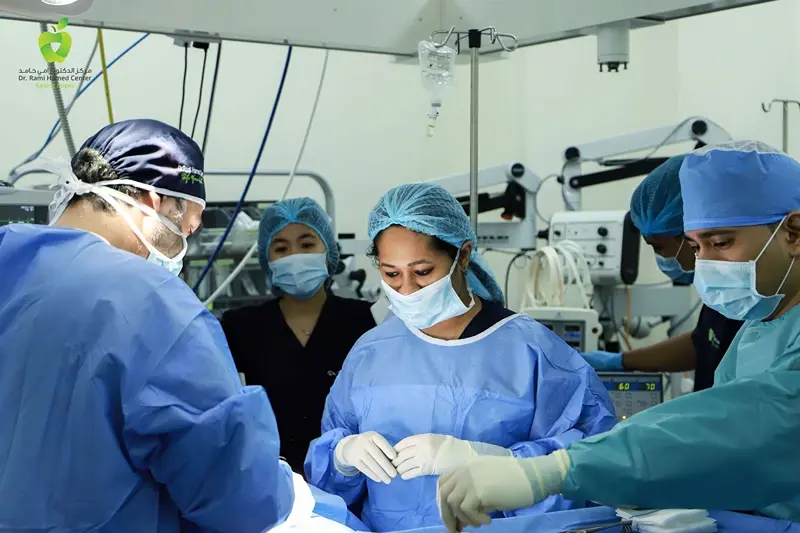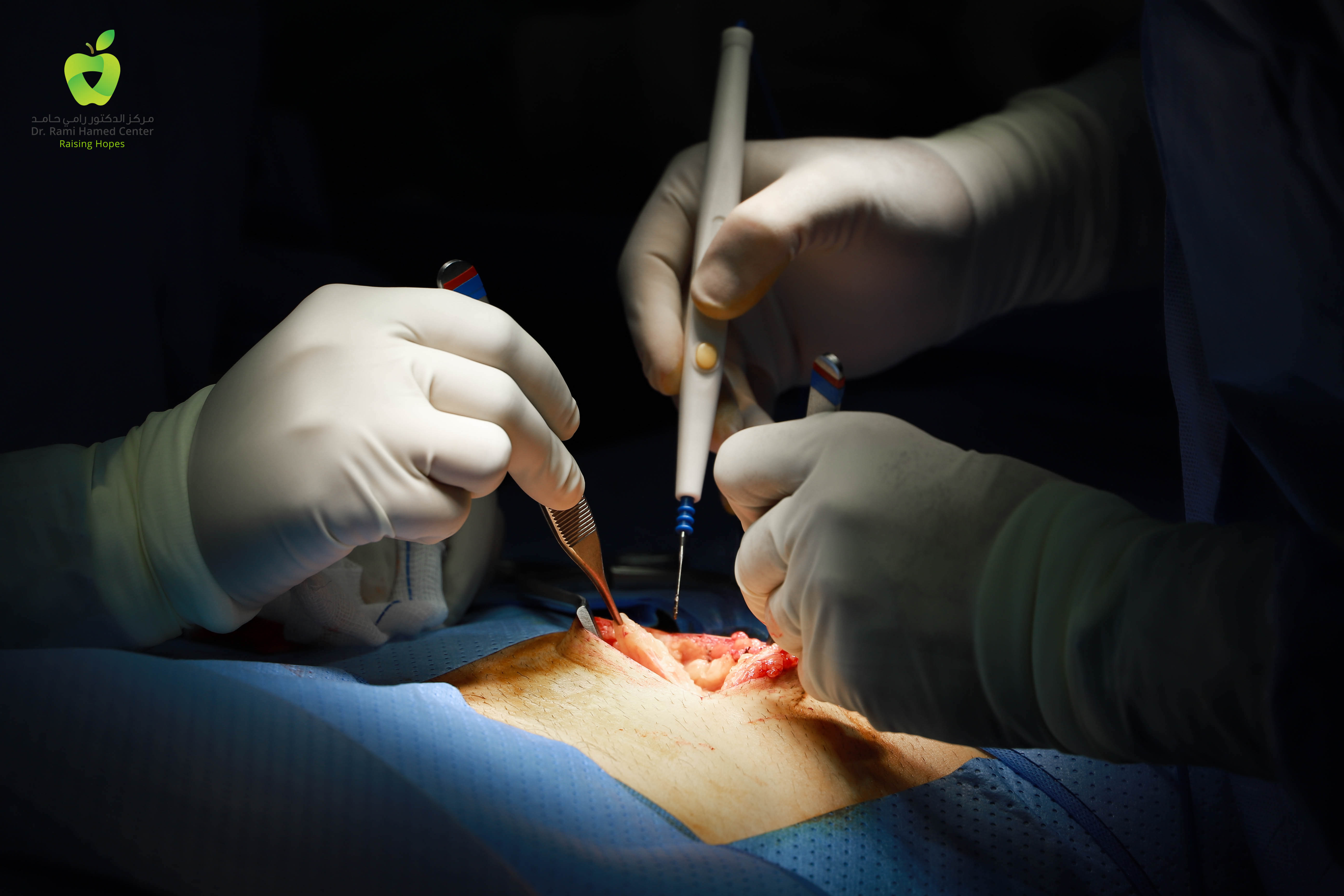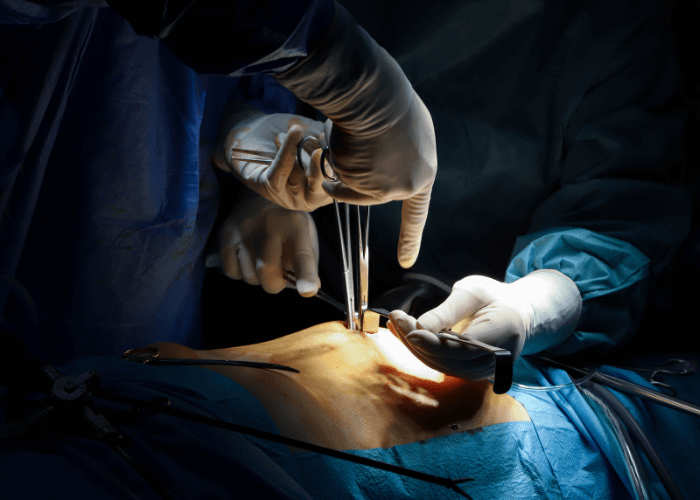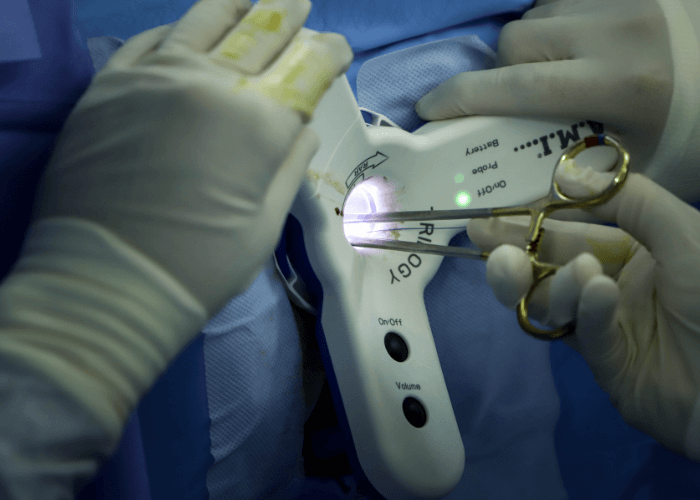Soft Tissue Sarcoma Treatment at DRHC Dubai
Expert Diagnosis and Personalized Care for Rare Cancers
Soft tissue sarcoma is a rare type of cancer that forms in the connective tissues of the body, such as muscles, fat, blood vessels, nerves, tendons, and the lining of the joints. At DRHC Dubai, our multidisciplinary team of cancer specialists offers expert care, from early diagnosis to advanced treatment, all tailored to meet your unique health needs.
What is Soft Tissue Sarcoma?
Soft tissue sarcoma (STS) is a group of cancers that originate in the soft tissues that support, connect, or surround other structures and organs of the body. These tumors can occur anywhere in the body but are most commonly found in the arms, legs, and abdomen.
There are more than 50 different types of soft tissue sarcoma, including:
- Liposarcoma – arises in fat tissue
- Leiomyosarcoma – originates in smooth muscle tissue
- Angiosarcoma – forms in blood or lymph vessels
- Synovial Sarcoma – occurs near joints
- Rhabdomyosarcoma – develops in skeletal muscle tissue
- Fibrosarcoma – arises in fibrous tissue
Causes and Risk Factors
While the exact cause of most soft tissue sarcomas is unknown, several factors may increase the risk:
- Genetic conditions (e.g., Li-Fraumeni syndrome, neurofibromatosis)
- Previous radiation therapy
- Chemical exposure (e.g., vinyl chloride, arsenic, dioxins)
- Chronic lymphedema
- Family history of sarcoma
Symptoms of Soft Tissue Sarcoma
Soft tissue sarcomas may not show symptoms in the early stages. As the tumor grows, it may cause:
- A painless lump or swelling, often in the arm or leg
- Pain if the tumor presses on nerves or muscles
- Reduced mobility or stiffness in nearby joints
- Abdominal discomfort or fullness (if located in the abdomen)
- Numbness or tingling (due to nerve compression)
If you notice any unusual growth or persistent pain, seek medical attention promptly.
Diagnosis at DRHC Dubai
At DRHC Dubai, we use advanced imaging and diagnostic techniques to accurately detect and stage soft tissue sarcoma:
- Physical examination
- MRI or CT scans – for detailed imaging of the tumor
- Ultrasound – especially for superficial tumors
- Biopsy – including core needle or excisional biopsy to determine tumor type
- PET scan – to evaluate cancer spread (metastasis)
Our oncologists collaborate with radiologists and pathologists to provide an accurate diagnosis and customized treatment plan.
Treatment Options for Soft Tissue Sarcoma
Treatment depends on the tumor’s size, location, type, and whether it has spread. At DRHC, we offer a comprehensive and patient-centered approach that includes:
1. Surgery
Surgical removal of the tumor is the primary treatment. Our goal is to excise the tumor completely while preserving as much normal tissue and function as possible.
2. Radiation Therapy
- Used before surgery to shrink tumors
- Or after surgery to kill the remaining cancer cells
- Advanced techniques like IMRT (Intensity-Modulated Radiation Therapy) ensure precise targeting
3. Chemotherapy
- Recommended for certain high-grade or aggressive sarcomas
- Often used for metastatic or recurrent sarcomas
- Individualized protocols based on tumor type
4. Targeted Therapy & Immunotherapy
- In selected cases, targeted drugs or immunotherapy may be used, especially when the cancer has specific mutations or biomarkers
5. Rehabilitation & Supportive Care
- Physical therapy to improve mobility and function after surgery
- Nutritional and psychological support to aid recovery and quality of life
Why Choose DRHC Dubai for Sarcoma Treatment?
- Multidisciplinary Cancer Team
- Advanced Diagnostic Imaging
- Minimally Invasive & Organ-Sparing Surgeries
- Individualized Treatment Plans
- Internationally Trained Oncologists & Surgeons
- Compassionate Patient Care & Follow-up Support
We combine global expertise with compassionate, patient-centered care in a state-of-the-art facility right here in Dubai.



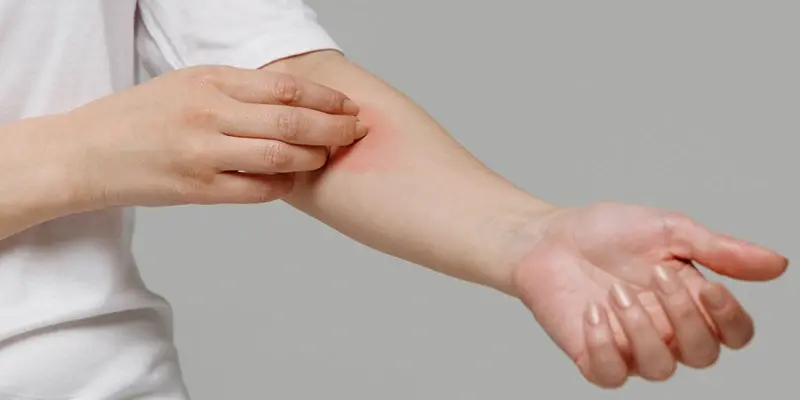
.png?width=280&height=59&name=bookanappointment%20(1).png)
.webp?width=1080&height=1080&name=Doctor%20background%20For%20Website%20Dr.%20Fadi%20Nageeb%2009%20(1).webp)
.webp?width=1080&height=1080&name=Doctor%20background%20For%20Website%20Dr%20Abdul%20Majeed%20Khalid%20%2002%20(1).webp)
